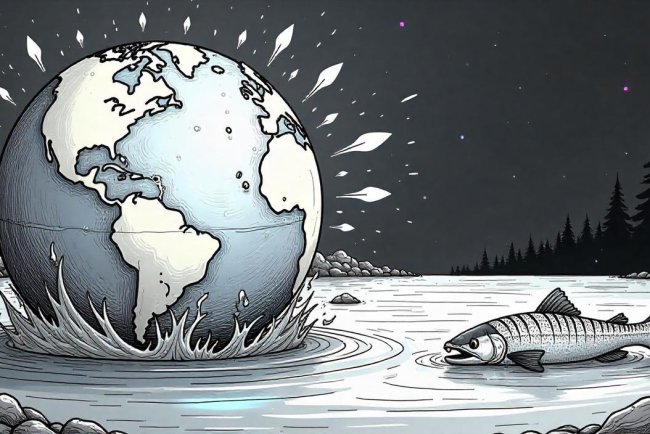Ocean Carbon Burial Linked to Abrupt Ice Ages, Warn Researchers
Scientists identify ocean cooling and accelerated carbon burial as key, underappreciated drivers of abrupt ice ages and climate shifts, highlighting urgent implications for carbon management and climate models today.

A new study by climate scientists has drawn attention to a neglected process—cooling-driven ocean carbon burial—as a potentially hidden trigger behind abrupt ice ages and violent climate shifts in the earth’s history. Researchers reviewing ancient sediment records and climate simulations have uncovered evidence that episodes of rapid cooling were linked to surges in the ocean’s capacity to bury carbon, pulling CO₂ out of the atmosphere and reinforcing global climate swings.
This finding challenges previous thinking that attributed abrupt ice ages mainly to changes in earth’s orbit or volcanic eruptions. The new evidence suggests that fluctuations in carbon burial from cooling oceans may have dramatically amplified temperature drops, tipping the planet into extended periods of glaciation. These bursts of carbon sequestration—driven by feedbacks in ocean biology, chemistry, and circulation—might have suppressed greenhouse gas levels much more sharply than previously realised.
The study has broad implications for modern climate policy. As the world’s oceans remain a crucial buffer against human-driven carbon emissions, researchers warn that disruptions to the natural carbon cycle could set off unexpected climate events. The prospect that small shifts might yield outsized consequences underlines the urgency of monitoring ocean carbon sinks and protecting marine ecosystems. Understanding the interplay between ocean carbon burial and climate extremes may prove vital as the earth warms and carbon management becomes ever more critical for planetary stability.
What's Your Reaction?

















